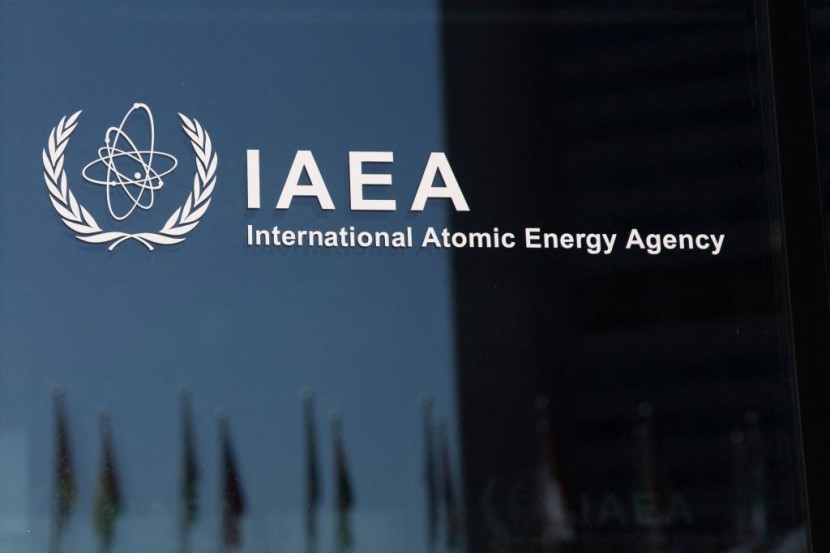A new report by the International Atomic Energy Agency (IAEA) has shown that Iran is increasing its enriched uranium stockpile to 60% purity while still barring inspectors from reviewing key issues.
The Middle Eastern country's steady progress in enriching to very high levels while also failing to provide the IAEA with the cooperation that it demands in a growing list of key issues presents a challenge. This is to both the agency and Western powers that have repeatedly called on Iran's government to reverse course.
IAEA Report on Iran's Nuclear Enrichment Stockpile

The nation's stock of 60% enriched uranium grew by 6.7 kilograms to 128.3 kilograms since the last report that was released on Sept. 4. That is more than triple the roughly 42 kilograms that is theoretically enough for a nuclear bomb if enriched further by definition of the IAEA.
A senior diplomat issued a statement saying that the amount was quite significant, particularly if it was not used for anything. This was a reference to the fact that Iran is the only country to enrich to such a high level without producing nuclear weapons, as per Reuters.
The country is known to have enough uranium enriched to lower levels for more bombs but it continues to deny having possession of such weapons. The rate at which Iran is enriching uranium to 60% has slowed to around three kilograms per month from nine kilograms earlier this year.
Diplomats said that this development was the apparent result of indirect negotiations with the United States that led to a prisoner exchange in September. The IAEA report also noted that the number of cascades, or clusters, of uranium-enriching centrifuges in operation remained the same.
A year ago, the UN nuclear watchdog's 35-nation Board of Governors passed a resolution that ordered Iran to comply with an IAEA investigation into uranium traces. These were allegedly found at three undeclared sites. Since then, the agency has narrowed the list of sites to two but has made little other progress.
Barring Inspectors From Reviewing Key Issues
The IAEA report estimated that as of Oct. 28, Iran's total stockpile of enriched uranium was at 4,486.8 kilograms. This was an increase of more than six times compared to the 691.3 kilograms that was estimated in the last quarterly report, according to the Times of Israel.
The UN watchdog also slammed on Wednesday Iran's decision to withdraw the accreditation of several inspectors. It called it "extreme and unjustified" and noted that it "directly and seriously affected" the agency's work.
That particular move targeted eight top inspectors, with French and German nationals included among them. The IAEA said in its report that it received a letter from Iran that reiterated its position that it was within its rights to withdraw the accreditation. However, it added that it was exploring possibilities to address the agency's request.
This comes as member states can generally veto inspectors assigned to visit their nuclear facilities under the Nuclear Non-Proliferation Treaty (NPT). Additionally, IAEA chief Rafael Grossi expressed his hope that this particular matter would be resolved promptly, said Aljazeera.








